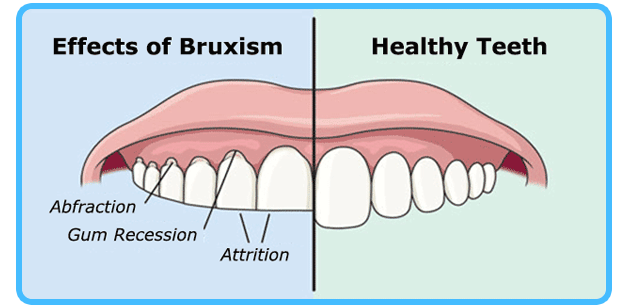
Do you hear a grinding sound from your teeth every night? If you wake up in the morning unaware of it, this phenomenon is known in the medical field as **nocturnal bruxism**.
Nocturnal bruxism is not classified as a disease; it’s a phenomenon similar to dreaming or sleep talking. Factors such as high emotional stress, excitement, poor occlusion habits, and even intestinal parasitic infections can increase the frequency of bruxism episodes. Severe nocturnal bruxism can accelerate tooth wear, lead to dental hypersensitivity, and even cause damage to periodontal tissues, fatigue in the masticatory muscles, and dysfunction of the temporomandibular joint (TMJ).

Overall, bruxism refers to the habitual grinding or clenching of teeth during sleep or even during the daytime in an unconscious manner. This condition tends to worsen over time and constitutes a long-term vicious cycle. Bruxism is generally classified into three types:
1. **Sleep Bruxism**:
This is the most common form of bruxism, occurring after a person falls asleep. Patients grind their teeth or clench their jaws, often accompanied by a characteristic grinding noise. As this usually happens at night, it is commonly referred to as nocturnal bruxism. Many patients are unaware of their grinding habits until informed by others, especially their partners, which raises concern due to its impact on others’ sleep.

2. **Daytime Clenching**:
Individuals may unintentionally clench their teeth while concentrating during the day, but without the grinding motion.
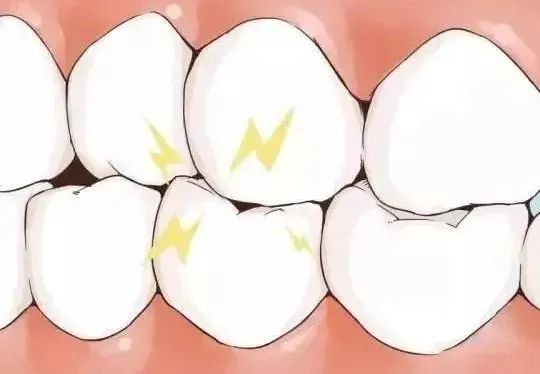
3. **Mixed Bruxism**:
This type includes both nocturnal grinding and daytime clenching. The intense impact of grinding can lead to excessive wear of the protective enamel, exposing the underlying dentin. This can result in mild to severe symptoms, such as sensitivity to hot, cold, acidic, or sweet foods; frequent gum bleeding and inflammation; and even tooth mobility or loss in severe cases.

In addition, long-term nocturnal bruxism can lead to a range of complications, including:
– Fatigue and pain in the masticatory muscles, leading to temporomandibular joint disorder.
– Headaches and neck pain.
– Decreased sleep quality, memory issues, bad breath, and even hearing and taste damage.
– Psychological effects, such as depression or feelings of hopelessness.
Bruxism not only affects the sleep quality of those nearby but can also cause significant harm to one’s own oral health. The potential harms of bruxism include:
1. Extensive wear of dental tissue, leading to sharp edges that may injure the soft tissues of the lips, cheeks, and tongue.
2. Shortening of the lower third of the face, resulting in an aged appearance and affecting facial aesthetics and speech.
3. Frequent gum bleeding and inflammation, which may lead to tooth mobility and loss.
4. Tooth erosion resulting in sensitivity to temperature changes, along with gingival recession.
5. Pain in the jaw and areas around the ears, potentially affecting hearing.
6. Muscle tightness and soreness in the head and neck, leading to recurrent headaches.
7. Risks of biting the cheeks, gums, or tongue.
8. Impact on physical development and mental health in adolescents.
9. The grinding noise disrupting the rest of family members.
10. Decreased sleep quality, impaired memory, and bad breath.
11. Increased anxiety, tension, and stress.
How to Treat Nocturnal Bruxism?
Currently, using a **bruxism guard** is the most effective method for treating nocturnal bruxism.
Wearing a night guard during sleep is the least harmful and most effective way to manage bruxism. A custom-fitted dental guard can effectively prevent wear and reduce the noise disturbances for those sleeping nearby.
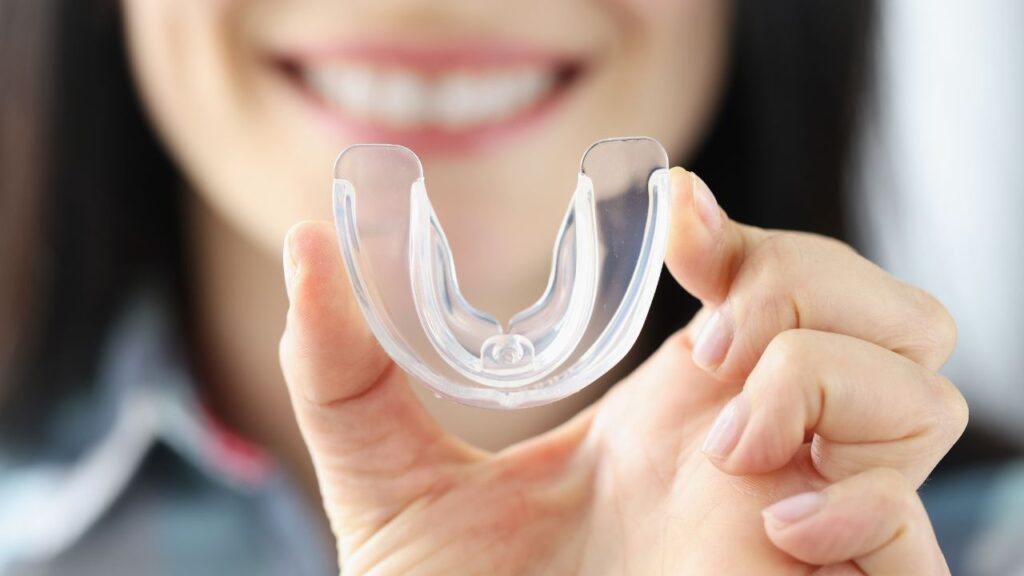
However, before using a dental guard, patients must prioritize oral hygiene. This includes undergoing professional dental cleanings, treating cavities or periodontal disease, and scheduling regular dental check-ups. Additionally, it is essential to brush and floss before putting on the night guard each night to maintain optimal oral health.
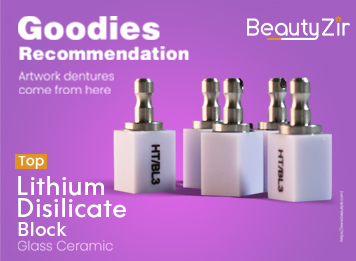

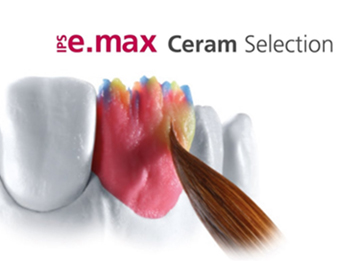

Leave a Reply